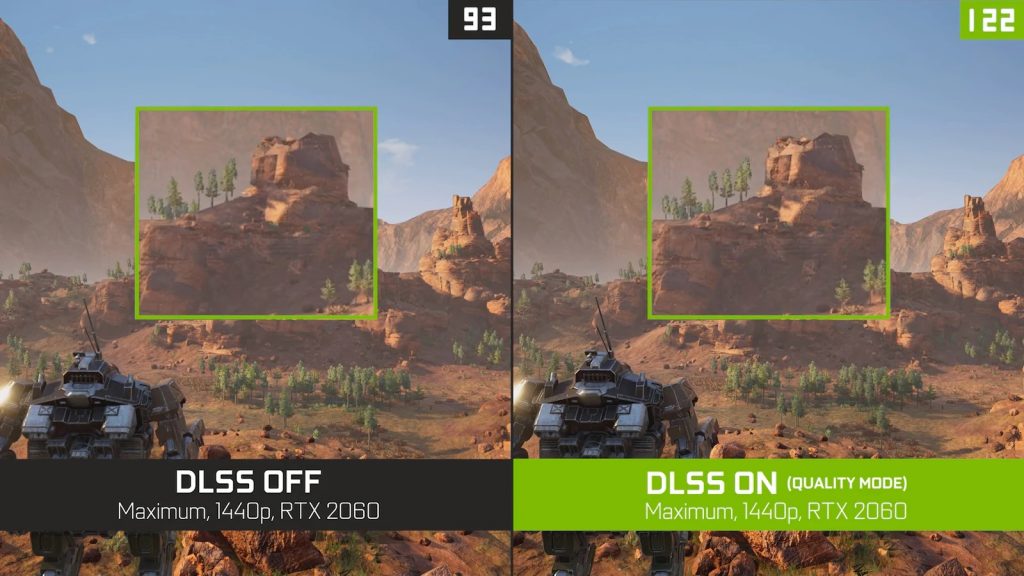It looks like a lot more games could be making use of Nvidia's DLSS technology in the future. This week, Nvidia officially released its DLSS plugin on the Unreal Engine marketplace, meaning any developer working with Unreal Engine 4 or newer can take advantage of it.
Unreal Engine already supports ray-tracing features, but those come at a hefty performance cost. This is where DLSS comes in, allowing AI to upscale the image from a lower resolution for higher frame rates with little visual degradation. DLSS had some teething issues with version 1.0, which would deliver lower quality images than anticipated, but this was largely solved with DLSS 2.0, which launched last year and has continued to impress in games since.
Here are the features advertised as part of the Unreal DLSS plugin:
- Uncompromised Quality with Higher Performance: Enjoy ray tracing and ultra-high resolutions with NVIDIA DLSS technology. It uses advanced AI rendering to produce image quality that’s comparable to native resolution–and sometimes even better–while only conventionally rendering a fraction of the pixels. New temporal feedback techniques give you incredibly sharp image details and improved stability from frame to frame.
- Customizable Options: DLSS lets you choose several image quality modes—from Quality to Ultra Performance. You can choose how you want to balance quality and performance by controlling the game’s internal rendering resolution. Performance mode enables up to 4X AI super resolution (i.e. 1080p -> 4K) while the new Ultra-Performance mode enables up to 9X AI super resolution (1440p -> 8K)
Requirements to use the plugin include Unreal Engine version 4.26 or newer and Nvidia's Game Ready 461.40 driver or newer.
KitGuru Says: DLSS support grew a ton in 2020 after the launch of 2.0. Now that this is available in an Unreal Engine plugin, we should see even more developers utilising it.
 KitGuru KitGuru.net – Tech News | Hardware News | Hardware Reviews | IOS | Mobile | Gaming | Graphics Cards
KitGuru KitGuru.net – Tech News | Hardware News | Hardware Reviews | IOS | Mobile | Gaming | Graphics Cards



